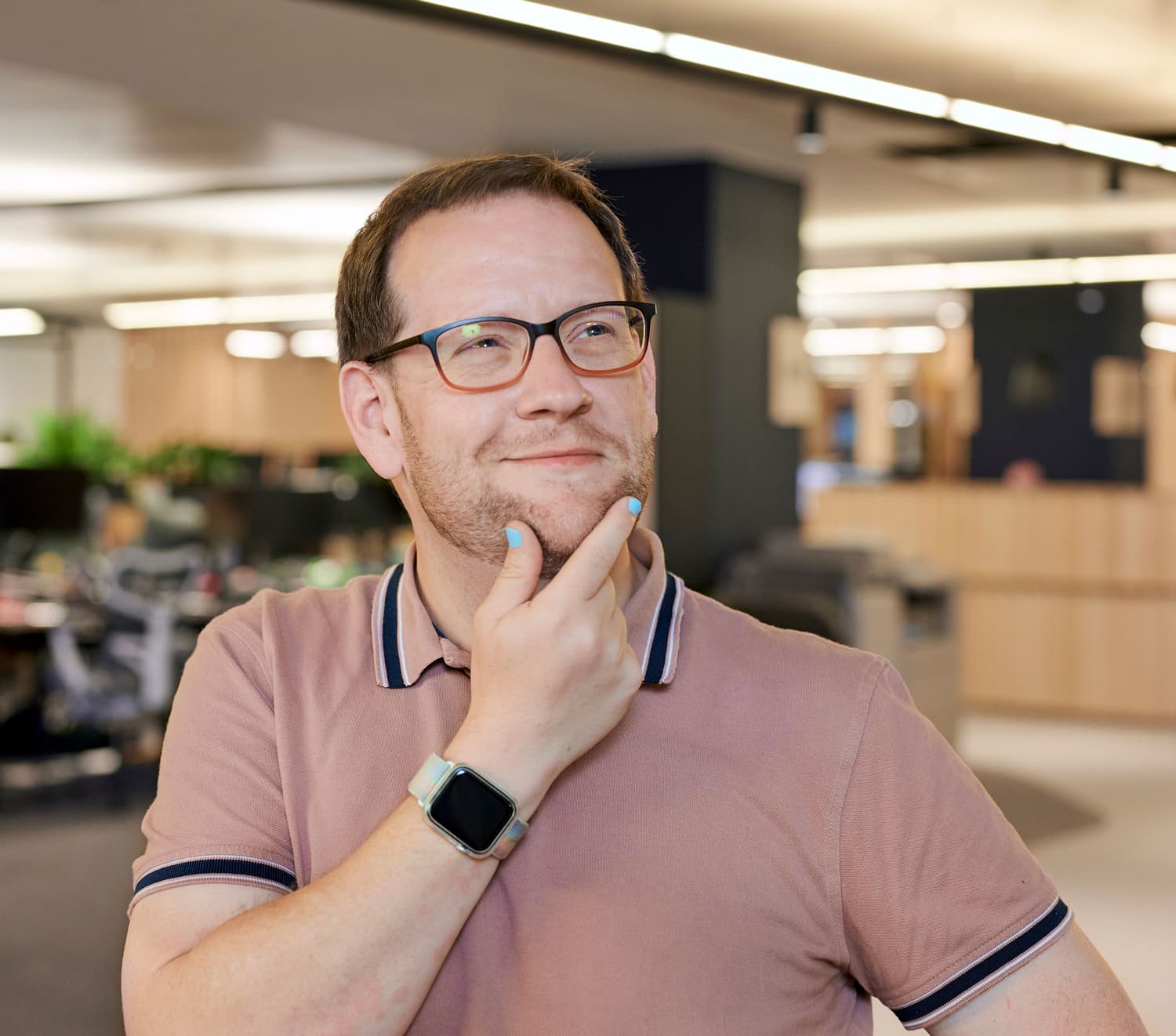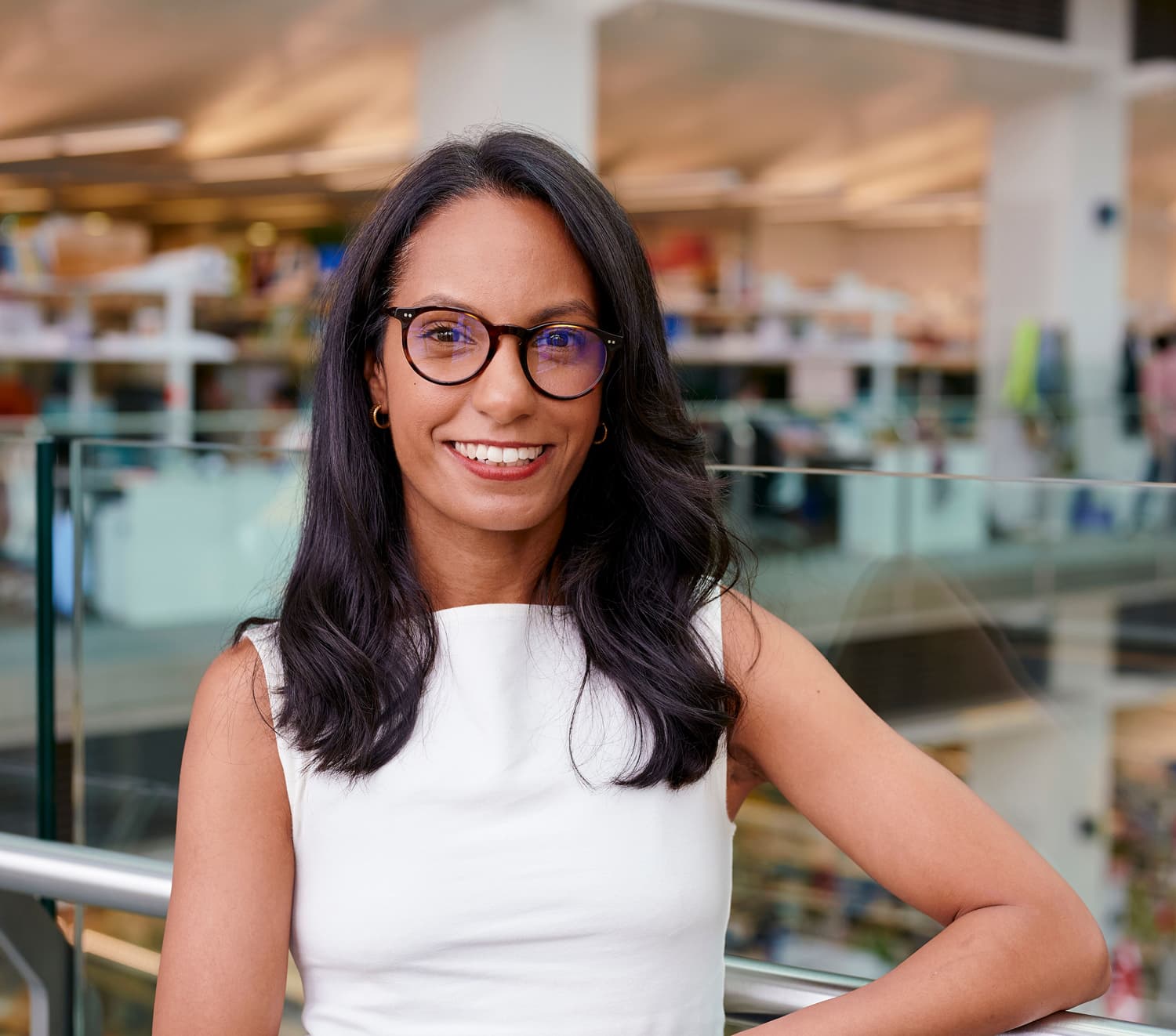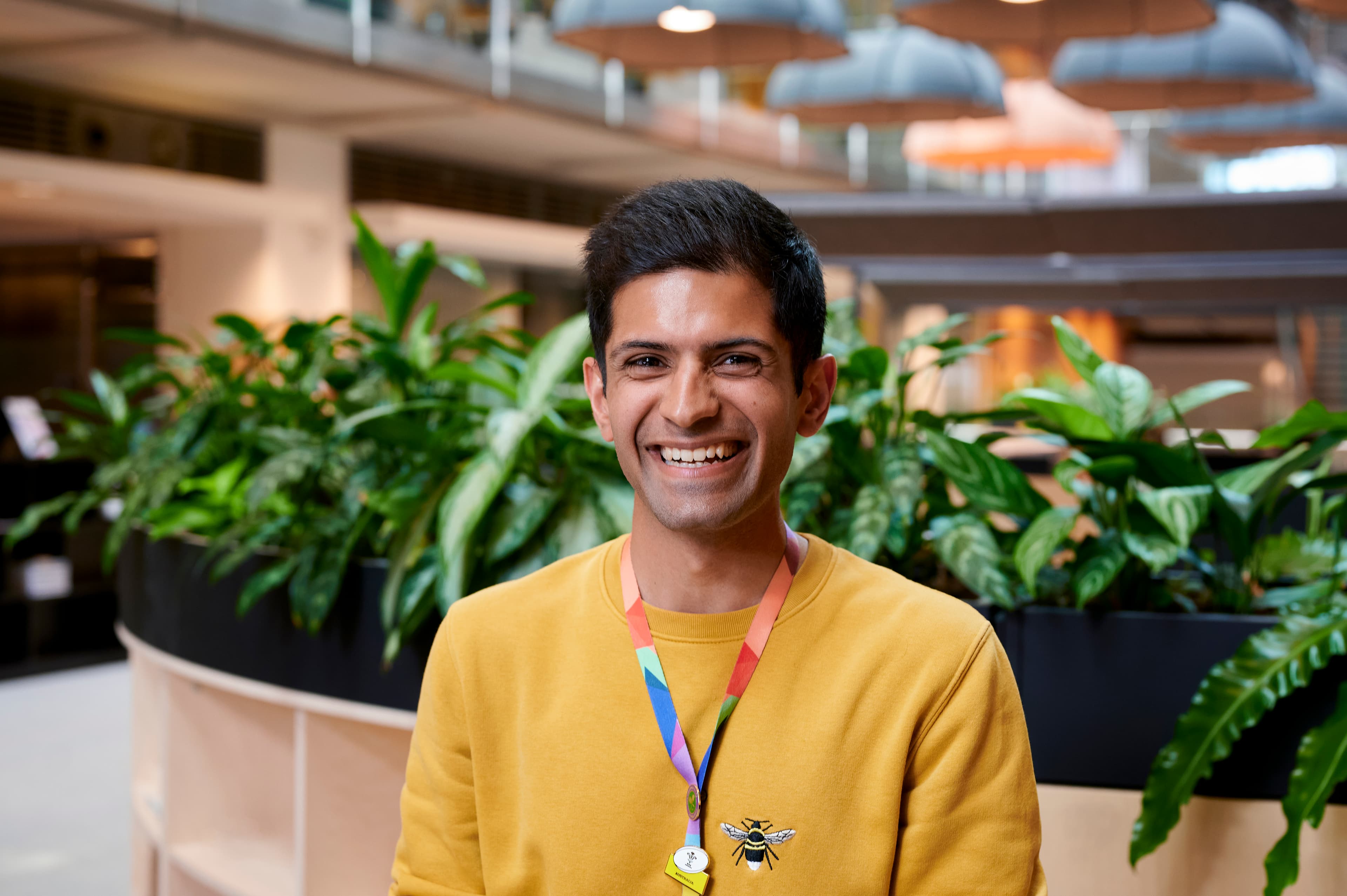
Our vision is a world where everybody lives longer, better lives, free from the fear of cancer. Equality, diversity and inclusion (EDI) play an important role in helping us achieve this.
We published our first EDI strategy in 2021 and since then made significant progress to ensure that everyone feels like they belong, benefits from and participates in the work we do. We’ve refreshed our strategy because we’re operating in a dynamic environment and it’s important that we respond to new evidence, opportunities and challenges. We also want to build on what’s worked and innovate in new areas.
Read our refreshed EDI strategyOur vision and strategic priorities are based on our initial EDI strategy. For each strategic priority, we’ve identified focus areas, prioritised initiatives and developed performance metrics to measure our progress.

We know that cancer doesn’t affect everyone equally. It’s our duty to address cancer inequalities through our work by publishing the best evidence and through the research that we fund.

We've already removed several barriers to progression for our researchers, increasing the diversity in applications. We’re committed to making sure more diverse researchers are attracted to and stay in cancer research. We use our influence to ensure a diverse and inclusive research culture and we fund research of the highest quality that is relevant to, and where appropriate involves, a diverse population of research participants.

We’ve made progress in diversifying our staff. Our new inclusive recruitment approach resulted in a 23% increase in the number of staff from an ethnic minority background. We introduced a heads progression programme for women in 2019 achieving at least 50% women in director and executive director roles. In our graduate and intern programmes, we saw an increase to 50% graduates from an ethnic minority background. The images we use in our publications are now more diverse, as are the people whose stories we use to showcase our work.

We know that having an inclusive environment with diverse perspectives is essential in robust decision making, so we're inclusive in how we engage our staff, supporters, researchers’ community, volunteers and people affected by cancer when making decisions. We reviewed the way we recruit to make sure we always employ the best leaders and advisors with broad skills and perspectives so we can better reflect the communities we serve.

Each year, we reach approximately 38 million people with our patient information and more than 60,000 people face to face with our health information. We have a responsibility to make sure our information is easy to access and understood by audiences from all backgrounds. We’ve started work to remove barriers which could prevent people from accessing our content by introducing accessible formats for our reports, webpages, and videos. We’re also working towards making our web content more accessible to disabled people. We still have some way to go but we will get there.
We’ll use research and evidence, and continuously improve, adopt best practices and learn from others
We’ll use our influence to promote equality and inclusion in cancer research and care
We’ll champion dignity and respect in every interaction
We’ll seek to tackle cancer inequalities and be anti-racist as it relates to cancer
We’ll partner and collaborate with organisations to accelerate progress towards our objectives and mission
EDI is a core element of our organisational long-term strategy: Making Discoveries. Driving Progress. Bringing Hope. which we launched in 2022, while our research strategy (also launched in 2022) has ‘reducing cancer inequalities’ as one of its three core principles.
This refreshed EDI strategy underpins these two core strategies and is itself complemented by our more detailed cancer and health inequalities strategy and our EDI in research strategy. This ensures that our EDI activity is integrated across Cancer Research UK.
Learn more about our cancer and health inequalities strategy
To achieve our mission of beating cancer for everyone, we need to fund exceptional researchers to unlock new and better ways to prevent, diagnose and treat cancer. This means supporting a breadth of innovative ideas so that more people affected by cancer benefit from our discoveries and attracting the most talented people from a broad range of backgrounds to cancer research.
Learn more about our EDI in research strategic approach
The Age Positive Network | Promotes the benefits of a multi-generational workforce to all staff. |
The Health and Disability Network | Represents the voice of, and provides a supportive environment for staff affected by health and disability issues. |
The Fertility and Baby Loss Network | Offers improved support to many of our staff affected by infertility or baby loss. |
The Parents and Carers Network | Provides support, advice and guidance for staff with caring responsibilities and those around them, to enable parents and carers to flourish in all areas of their lives. |
The Gender Equality Network | Aims to provide a collaborative, educational, and supportive community for those passionate about improving gender equality at Cancer Research UK. |
The Race Equality and Equity Network | Advocates for race equality and equity through active involvement and consultation on Cancer Research UK's strategy, policies, and guidance on race equality. |
The Grief and Bereavement Wellbeing Network | Supports employees through peer-support, policy guidance and training materials during the most difficult moments in life. |
The Pride Network | Strives to create an inclusive and diverse working environment that encourages a culture of respect and equality for everyone, regardless of their sexual orientation and gender identity. |
The Multi-Faith Network | Celebrates and advocates for faith, and to raise awareness about faith within Cancer Research UK. |
Be part of an inclusive charity and join a team of 4,000 people from a diverse range of backgrounds.
We want to maximise the positive impact our life-saving research has on people and the planet, while minimising the negative impact.
For more information about EDI at Cancer Research UK, alternative document formats of our reports or answers to any questions you may have, get in touch with us.